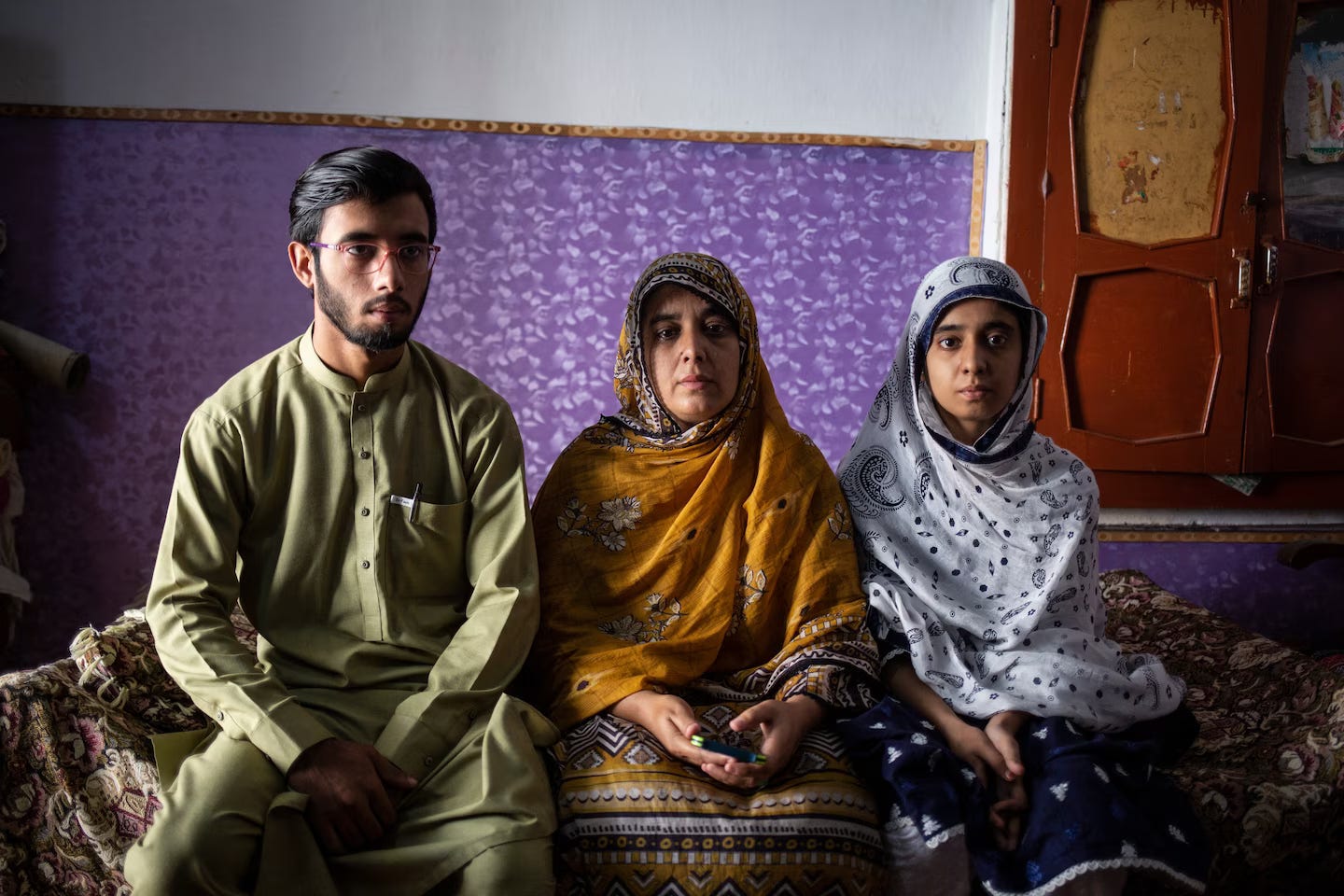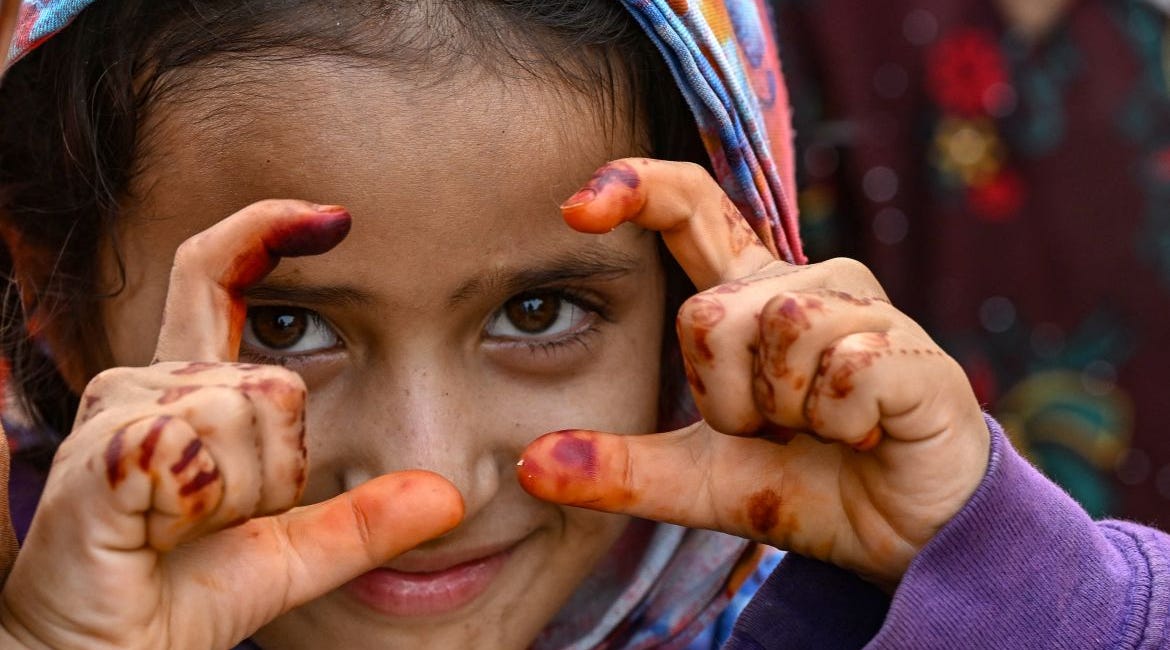Pakistan's Frankenstein: The Taliban's Ghost Returns to Haunt it
Lesson for Pakistan: If You Sow Wind, You Reap Whirlwind - The Escalating Challenge of Militancy Post-Taliban Victory in Aghanistan.
Taliban's Afghanistan: A Surge in Terrorist Strikes inside Pakistan
The recent upsurge in terrorist activities across Pakistan, notably the recent harrowing strikes in Peshawar, casts an ominous shadow across the near-failed state in India’s neighborhood. The takeover of Afghanistan by the Taliban in August 2021, an event closely watched globally, had unforeseen consequences for its erstwhile mentor. The Tehrik-e-Taliban Pakistan (TTP), previously seen as a marginal threat, has resurged with alarming ferocity, blindsiding the Pakistani authorities, including its Army.
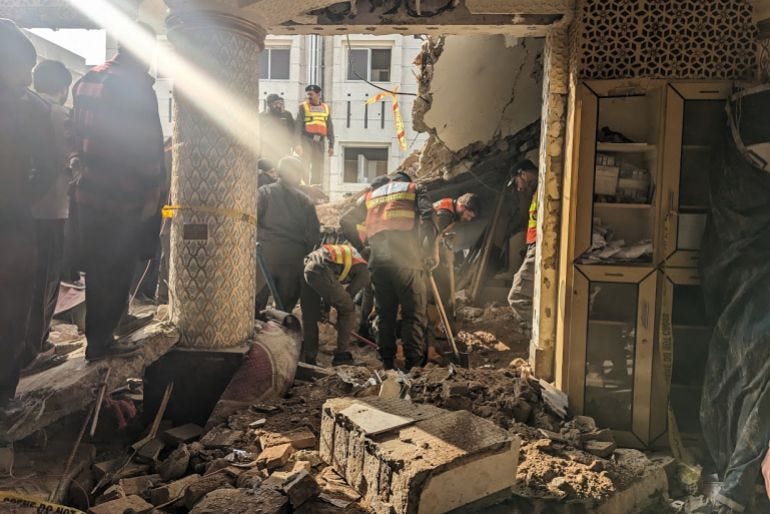
Strikes inside Pakistan
This resurgence was starkly highlighted in the early hours of September 6, when TTP militants launched a brazen attack from the rugged mountains along the porous Afghan-Pakistan border. As gunfire resounded through the valleys, the militants engaged in a fierce assault on Pakistani military positions. The intense skirmish, which lasted several hours, resulted in the deaths of four Pakistani soldiers and 12 TTP militants. This cross-border strike from Afghanistan, as described by Pakistani officials, was a jolting wake-up call. It shattered the perception held by the Pakistani leadership of the TTP being a largely neutralized force, underscoring the escalating challenge posed by this reinvigorated militant group.
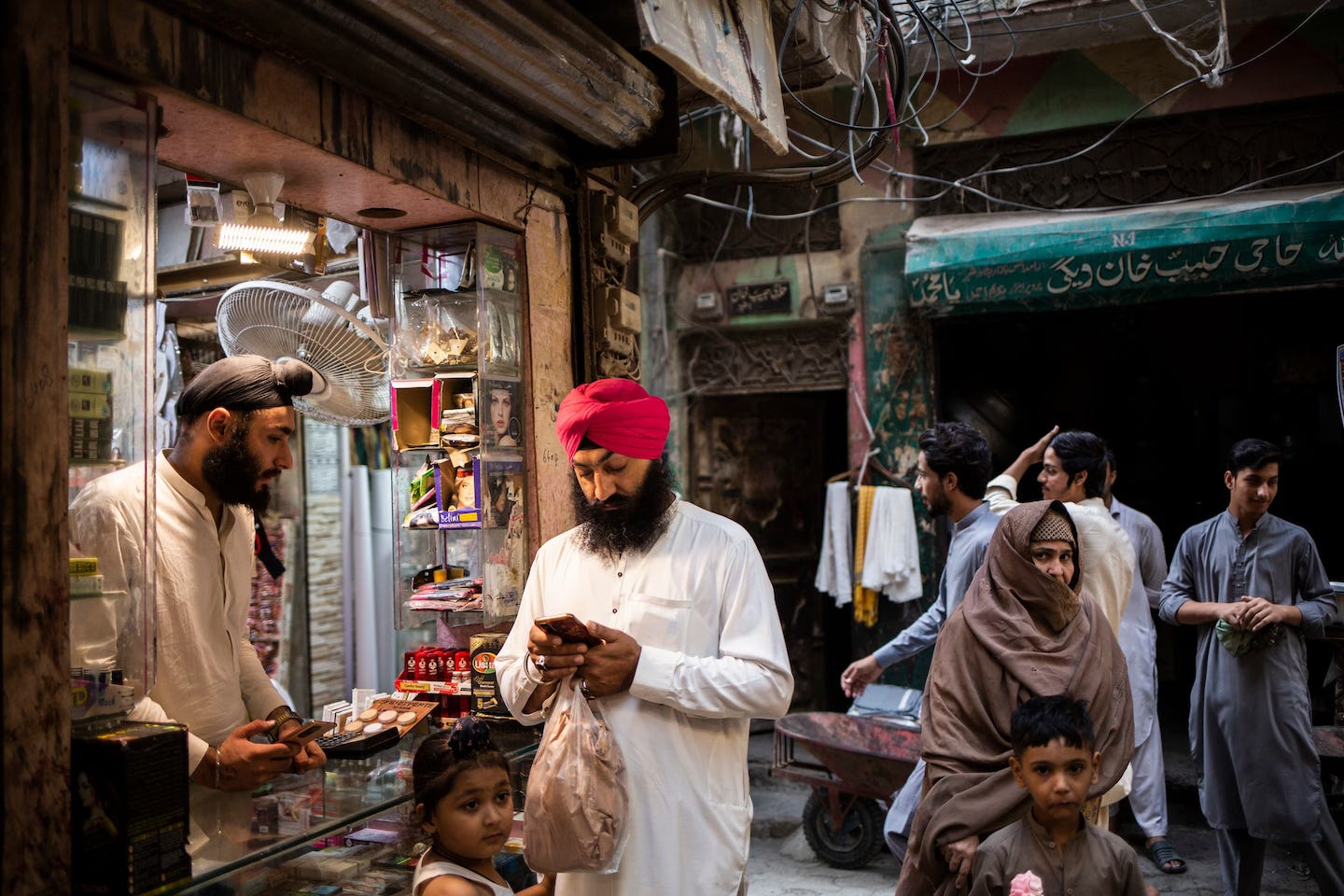
The Echoes of the Past: Pakistan's Tacit Support for Militancy
For decades, Pakistan's tryst with militancy has been a subject of international scrutiny. The country's alleged history of harboring or even nurturing elements of the Afghan Taliban is well-documented. However, this strategy, often seen as a means to assert influence in Afghanistan, appears to have now backfired. The TTP's renewed vigor is a stark reminder of the timeless proverb: “If you sow wind, you reap whirlwind.” The group's resurgence is not just a security challenge for Pakistan but also a testament to the unintended consequences of past policies.
The TTP’s Renewed Agenda: A Mirror to Afghanistan's Governance
In the wake of the Taliban's victory, the TTP seems emboldened to replicate a similar model in Pakistan. Their aim is clear – to overthrow the established order and implement a conservative Islamic system akin to their Afghan counterparts. The rise in attacks, particularly the brutal assault on a Peshawar mosque on January 30, 2023 which killed over 100 people, highlights the group’s growing audacity and organization. It is a troubling sign for Pakistan, which had believed the group to be nearly decimated.
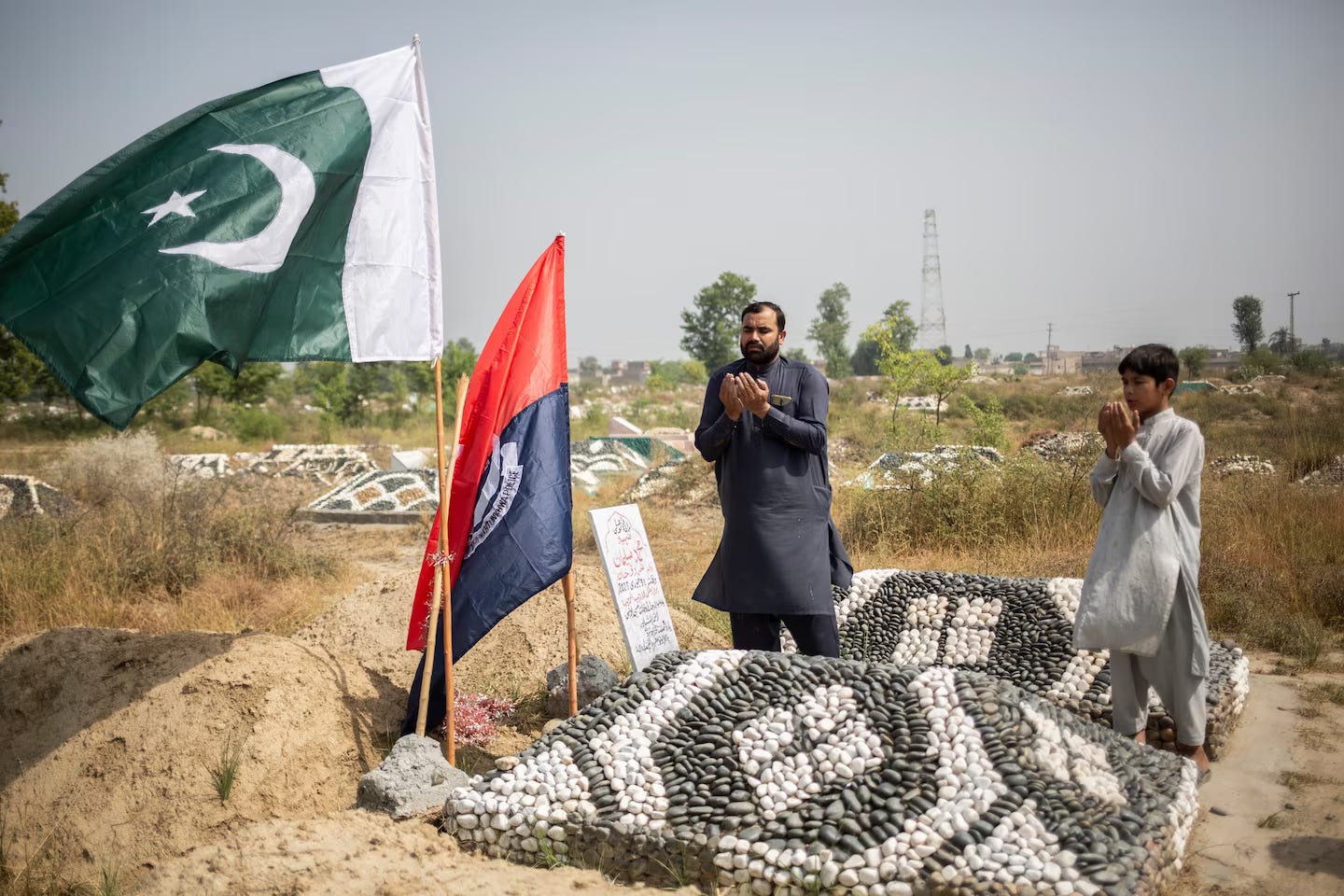
A New Cycle of Violence and Fear
The ripple effect of the TTP's resurgence is palpable across Pakistan. In Peshawar, a city already marred by a history of violence, the fear is tangible. The psychological impact on the residents, the heightened sense of insecurity, and the economic downturn are direct consequences of this renewed militancy. The situation is particularly dire for religious minorities, particularly the Sikhs, and business communities, who find themselves in the crosshairs of this escalating conflict.
The Broader Regional Context: A View from India
From an Indian perspective, the situation in Pakistan is more than a neighbour’s internal crisis. It's a regional concern that could have far-reaching implications for South Asia’s stability. India, long advocating for a united front against extremism, views these developments as a cautionary tale. The escalating militancy in Pakistan serves as a reminder of the fragile nature of regional peace and the importance of a collective stance against radical elements.
Pakistan's Crossroads: Economic and Political Challenges
Pakistan currently stands at a critical juncture. With its economy in dire straits and a precarious political environment, the nation faces an uncertain future. The upcoming elections under a caretaker government add to the complexity of the situation. Historically, Pakistan's role as a logistical base for NATO operations, primarily due to its strategic location bordering Afghanistan and Iran, has been significant. However, this role has also contributed to a complex scenario of militancy and regional politics, necessitating a comprehensive re-evaluation of its strategies.
Shifting Alliances: Pakistan in the Global Arena
The aftermath of Imran Khan's tenure, marked by an overtly anti-US stance, has left Pakistan isolated on the global stage, particularly from the United States. This isolation has driven Pakistan to seek alliances elsewhere, notably with China, which is eager to bolster its influence in South Asia. This realignment of alliances has significant implications, compelling the USA to strengthen its ties with India. India's role, under the dynamic leadership of Prime Minister Narendra Modi, is increasingly viewed as a pivotal counterbalance to China's ambitions in the region, reshaping the geopolitical landscape.
A Path Forward for Stability in South Asia
In this intricate regional scenario, Pakistan must take assertive actions to combat terrorism and dismantle terrorist networks operating within its territory, while also rethinking its belligerent foreign policy towards India, particularly in relation to Jammu and Kashmir. It is imperative for Pakistan’s civilian government to exercise increased control over the military and intelligence agencies after the elections, a step critical for ensuring a more stable and peaceful future. Simultaneously, for India and the wider region, it is essential to reinforce strategies to counteract militancy and address human rights issues, including those in Baluchistan. The saying "This is merely the trailer; the full Taliban saga is yet to unfold" acts as a sobering reminder of the persistent challenges ahead. Ultimately, the pursuit of peace and stability in South Asia depends on collaborative actions and a mutual comprehension of the risks posed by both non-state and quasi-state actors.
Whether Pakistan will learn its lesson, remains to be seen1.
Pakistan Displaces, Deports Afghan Refugees to Devastation and maybe Death
Forgotten and "Unnoticed" Exodus: Global Spotlight vs. The Afghan Refugees In a world incessantly beset by images of violence and upheaval, the plight of Afghan refugees in Pakistan is a sobering testament to the uneven distribution of global attention. As interna…




